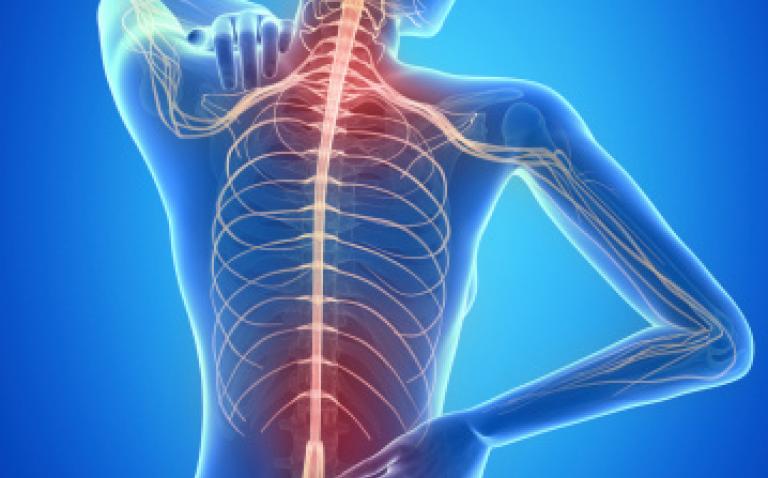The International Society of Nephrology (ISN) will present the findings of a global study on acute kidney injury (AKI), seen by experts as a key step forward in their efforts to eliminate preventable deaths from the condition by 2025 (0by25).
AKI is a worldwide problem, killing affected patients who have no means to reach appropriate therapy in developing countries, and who could be saved with as little as $150.
The AKI “Global Snapshot” is the first in a series of landmark projects to be launched by ISN under the 0by25 Initiative. The far-reaching, cross-sectional, global cohort study was designed to better understand the growing burden of AKI and how it is identified, managed and treated in different settings worldwide.
The study was carried out from September to December 2014 with over 320 participating centers in 72 countries globally. Data was provided for over 4000 pediatric and adult patients, with significant new information coming from Africa, Asia, and Latin America.
“This is the first time that ISN has carried out a web-based, prospective data collection exercise, simultaneously, in hundreds of centres around the world,” remarks ISN President, Dr Giuseppe Remuzzi. “The Global Snapshot has helped us address the information gap on AKI and moves us a step closer to our goal of zero preventable deaths. We are excited to share these findings with our international colleagues and the wider global health community.”
According to the study, nearly 2/3 of the AKI cases were reported to be community-acquired, rather than developing in the hospital setting. This is a significant new finding, which points to an opportunity and need for early recognition and detection in these out-of-hospital settings.
The most common causes of AKI reported across all countries were: hypotension (low-blood pressure) and shock, infections, dehydration, cardiac events and nephrotoxic drugs. It was also reported that over 2/3 of the AKI cases had one or more of the recognised risk factors for AKI, e.g. diabetes, heart disease and anaemia, and patients with these risk factors experienced a higher mortality and lower rate of recovery of kidney function.
“This study provides us with clear evidence of the need to identify and target high risk groups to improve the prevention and early detection of AKI,” comments Dr Ravindra Mehta, 0by25 Project Leader and Global Snapshot Coordinator. “This essential new information can now be used to design targeted education and training to enable the rapid recognition of AKI based on these key indicators.”
The Global Snapshot also found that an average of 1/4 of the AKI patients seen by the participating centres required dialysis, but did not receive treatment. This was predominantly due to the late presentation and disease severity of patients, adding further weight to the argument for early detection and management of AKI. In some cases, a lack of healthcare resources and an inability to pay were also reported as barriers to treatment.
Finally, the data findings suggest that over 1/3 of AKI patients were not managed by a nephrologist (kidney expert), a finding that was even more prevalent in low-income countries. “The ISN recognises that AKI is a multi-disciplinary problem and this data just confirms that education and training collaboration with other healthcare disciplines to raise awareness and educate and train non-nephrologists will be essential to reducing the global burden of AKI,” remarks Dr Mehta.
The preliminary findings of the study are being presented at the ISN World Congress of Nephrology in Cape Town, South Africa on Saturday March 14, 2015.










